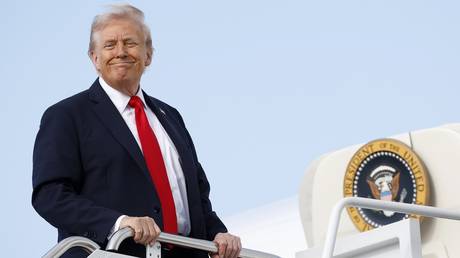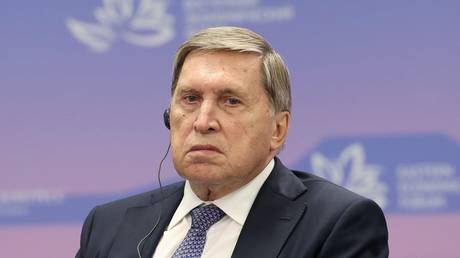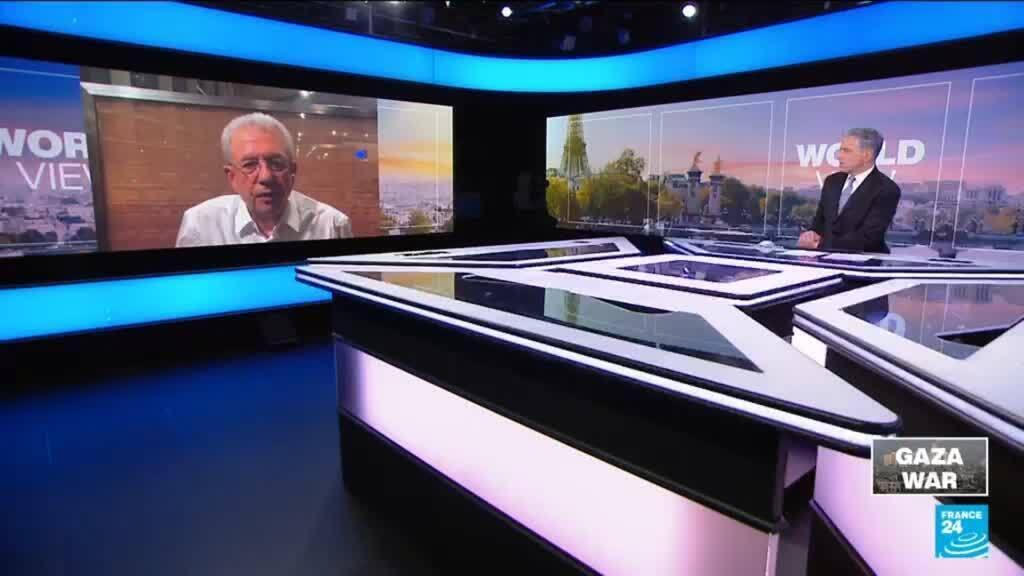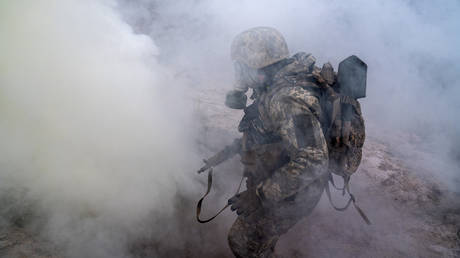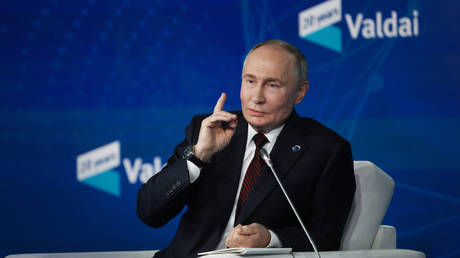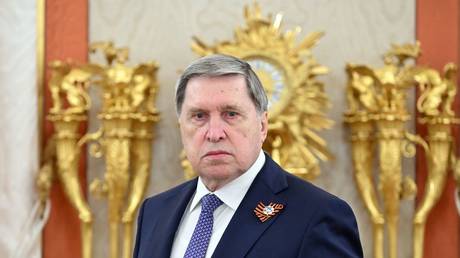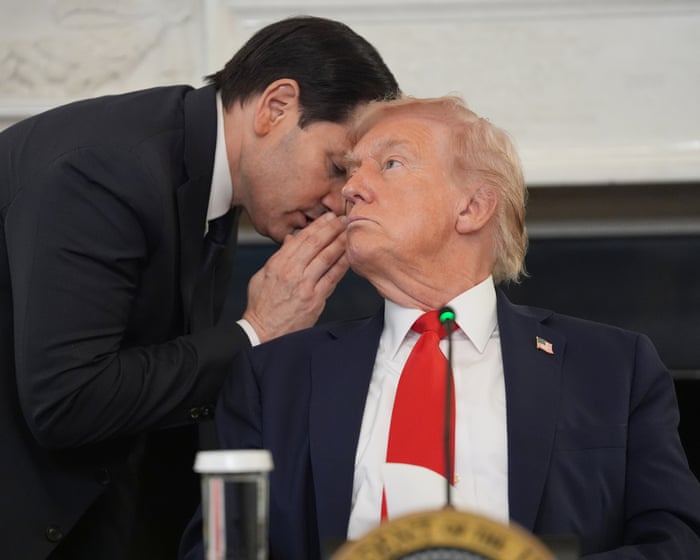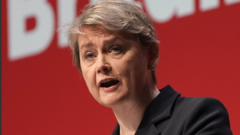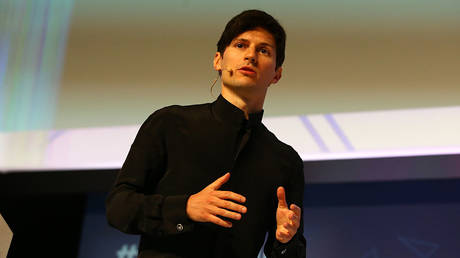Lavrov explains root cause of extremism in Middle East
PositiveWorld Affairs
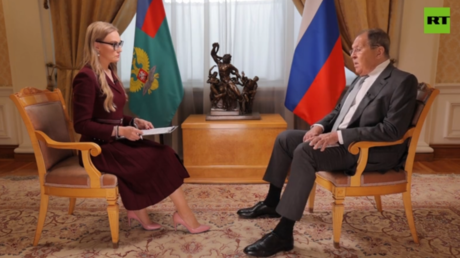
In a recent statement, Russian Foreign Minister Sergey Lavrov emphasized that the establishment of a Palestinian state is crucial for achieving lasting peace in the Middle East. This perspective highlights the ongoing conflict in the region and the need for a viable solution that addresses the root causes of extremism. By advocating for a Palestinian state, Lavrov aims to promote dialogue and stability, which could lead to a more peaceful future for all parties involved.
— Curated by the World Pulse Now AI Editorial System
